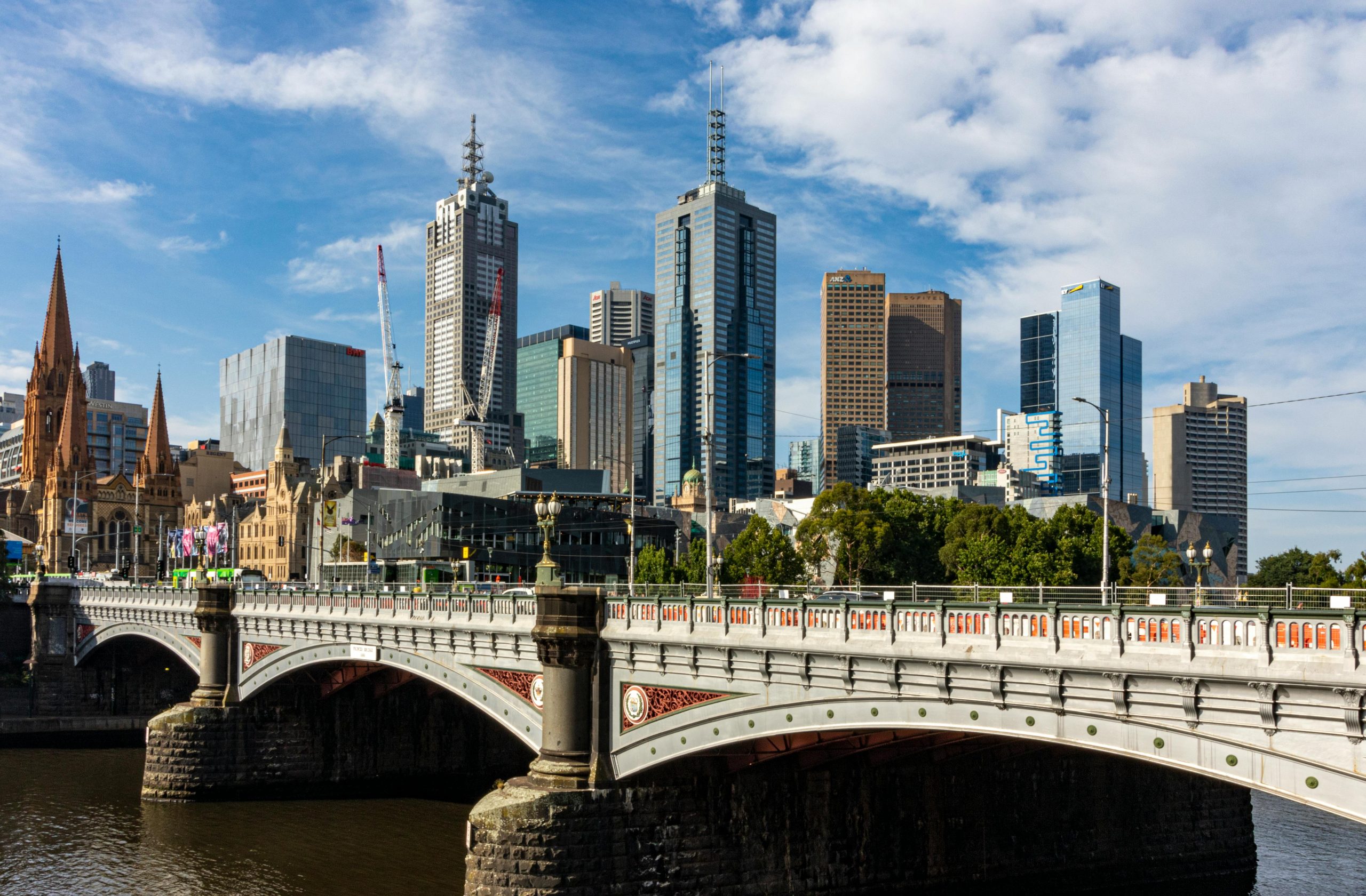Date: tba (28 October – 1 November 2024)
Venue: Melbourne, Australia
Deadlines: submission of papers by 19 July 2024
The fifth version of the SUMAC (analySis, Understanding and proMotion of heritAge Contents) workshop, like its predecessors, focuses on analyzing, processing and valorizing all types of data related to cultural heritage, including tangible and intangible heritage. As stated by UNESCO, cultural heritage provides societies with a wealth of resources inherited from the past, created in the present for the benefit of future generations. The workshop will again be part of the annual ACM Multimedia conference running from 28 October to 1 November 2024 in Melbourne, Australia.
Digital heritage data acquired are naturally massive and address a large diversity of monomodal modalities (text, structured referentials, image, video, 3D, music, sensor data). Their processing and promotion put into light several scientific challenges as well as various new use cases that are of topical interest today for the ACM Multimedia community, both for academics and industries. Like in the previous editions, the SUMAC organisers strive to value the sharing of knowledge, algorithms and experiments; and also open source software and open data, by encouraging the submission of articles that promote this sharing policy.
Abundant heritage data is available in the most recent years. Older data, that can be called the big data of the past, are mostly locked – they currently remain largely “hidden” from the public, in galleries, libraries, archives, museums or data producers’ infrastructures. Processing heritage data to increase their visibility will act as a game changer and contribute to a large panel of communities, by enabling an outstanding pool of inter-operable data, not only as a service to citizens but also to public or private actors, by challenging the research methods at the crossing of computer science, artificial intelligence and digital humanities.
Call for Papers
The ambition of SUMAC is to bring together researchers and practitioners from different disciplines to share ideas and methods on current trends in the analysis, understanding and promotion of heritage contents. These challenges are reflected in the corresponding sub-fields of machine learning, signal processing, multi-modal techniques and human-machine interaction. The organisers welcome research contributions for the following (but not limited to) topics:
- Monomodal analysis: image, text, video, 3D, music, sensor data and structured referentials
- Information retrieval for multimedia heritage
- Automated archaeology and heritage data processing
- Multi-modal deep learning and time series analysis for heritage data
- Heritage modeling, visualization, and virtualization
- Smart digitization and reconstruction of heritage data
- Open heritage data and bench-marking
The scope of targeted applications is extensive and includes:
- Analysis, archaeometry of artifacts
- Diagnosis and monitoring for restoration and preventive conservation
- Geosciences / Geomatics for cultural heritage
- Education
- Smart and sustainable tourism
- Urban planning
- Digital Twins
Submission guidelines
All submissions must be original work not under review at any other workshop, conference, or journal. The workshop will accept papers describing completed work (full paper) as well as work in progress (short paper). Two submission formats are accepted: a) 4 pages plus 1-page reference (short paper); or b) 8 pages plus up to 2-page reference (full paper). They must be encoded as PDF using the ACM Article Template of the main conference ACM Multimedia 2024.
Peer Review and publication in ACM Digital Library Paper submissions must conform with the “double-blind” review policy. All papers will be peer-reviewed by experts in the field, they will receive at least two reviews. Acceptance will be based on relevance to the workshop, scientific novelty, and technical quality. Depending on the number, maturity and topics of the accepted submissions, the work will be presented via oral or poster sessions. The workshop papers will be published in the ACM Digital Library.
Special Highlights
Best Paper Award – the organising committee will present a best paper award, accompanied with a certificate and a trophy, similar to previous editions.
Organisers
- Valerie Gouet-Brunet (IGN, Gustave Eiffel University and TMO Board member) France
- Ronak Kosti (Pattern Recognition Lab, FAU) Germany
- Li Weng (Zhejiang Financial College) China
